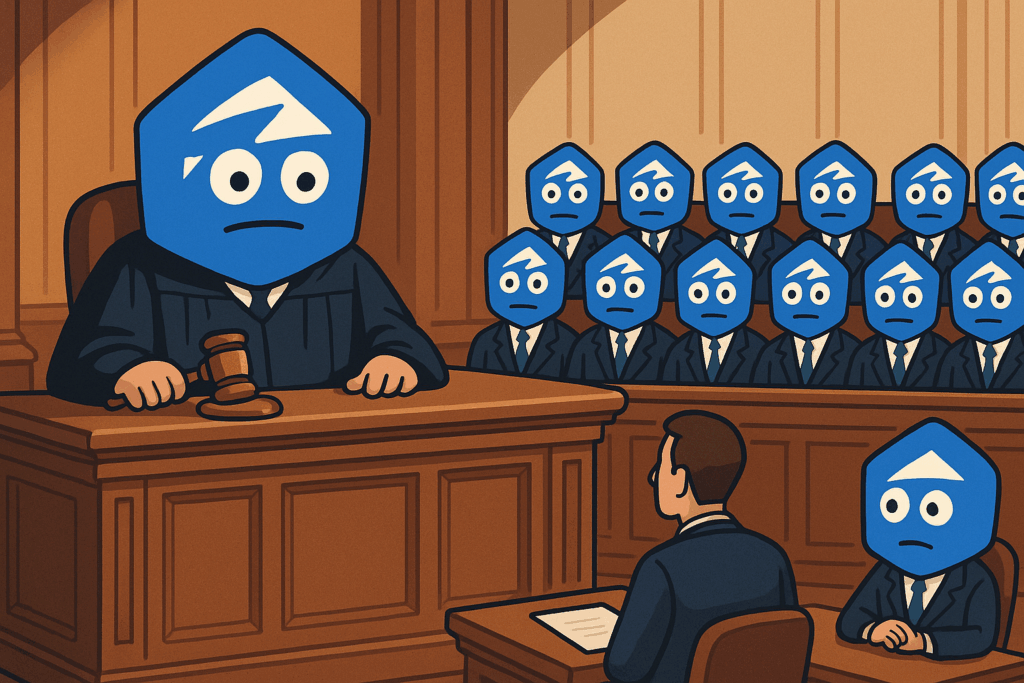Zillow says its new listing policy is about fairness and transparency, but we see it differently. In reality, Zillow is flexing its dominance to protect its business interests, not to help homebuyers or sellers.
The company’s recent decision to delist any property that was marketed privately before hitting the MLS is not about leveling the playing field. It’s about preserving Zillow’s monopoly over listing data.
Let’s be clear: Zillow has no real alliance with consumers. Its loyalty lies with its shareholders. And right now, Zillow sees Compass’s exclusive listings as a threat.
Compass has built a successful strategy that includes marketing homes first as private exclusives before making them public.
Sellers appreciate the flexibility and control this offers, especially in luxury markets or in situations where privacy is paramount. Many Compass agents have reported higher sale prices for homes that follow this phased approach.
Zillow’s new rule forces agents and their clients to choose between a tailored marketing strategy or visibility on the nation’s largest real estate platform. That is not consumer advocacy, it’s coercion.
We believe that if a listing is active and publicly for sale, Zillow should publish it. Full stop.
Whether that home was marketed privately for 24 hours or 24 days is irrelevant once the seller decides to go public. Zillow’s job is to be a publisher. It should show every available property, not act as the judge and jury of listing strategy.
Real estate is not one-size-fits-all. Sellers should be free to choose how they market their homes, and buyers should have access to as many listings as possible, regardless of how or when those homes were first advertised.
Zillow’s policy reduces that choice and limits transparency by creating artificial blind spots on its platform. If Zillow truly cared about consumers, it would focus on being the most complete and open resource for home search.
Instead, it’s choosing to censor listings that don’t follow its preferred timeline. That hurts sellers. It hurts buyers. And it undermines innovation in how homes are bought and sold.
The bottom line? Zillow should stop trying to control how agents do their jobs and get back to doing its own: publishing every listing in the world.












